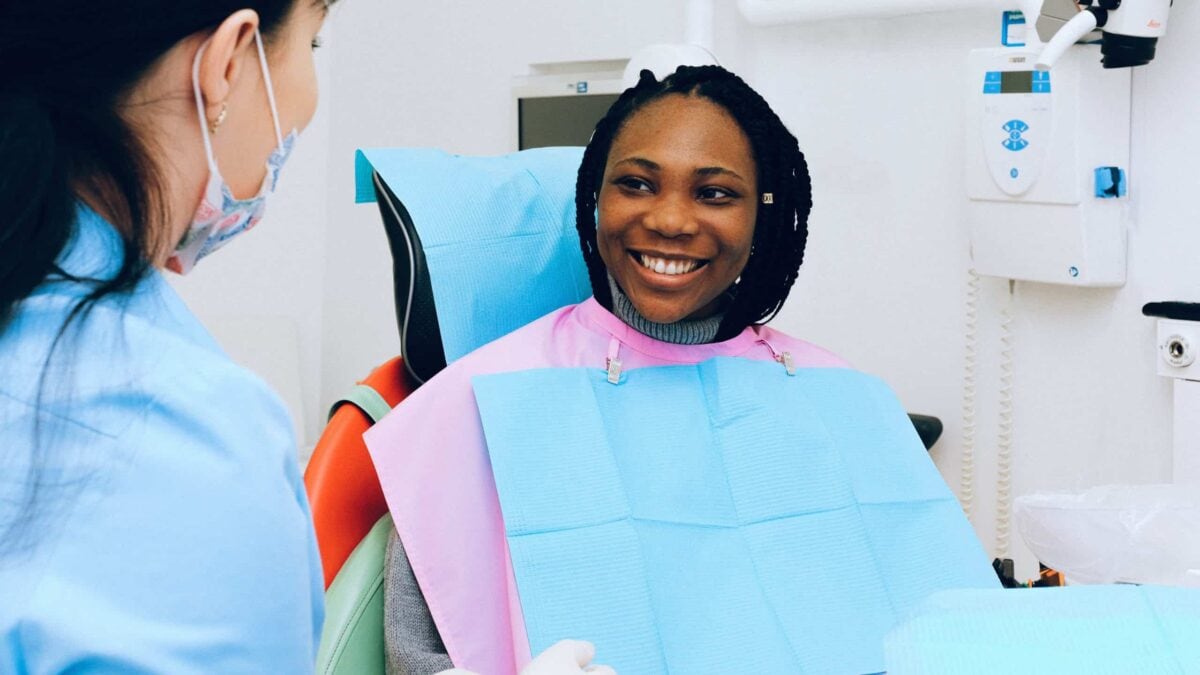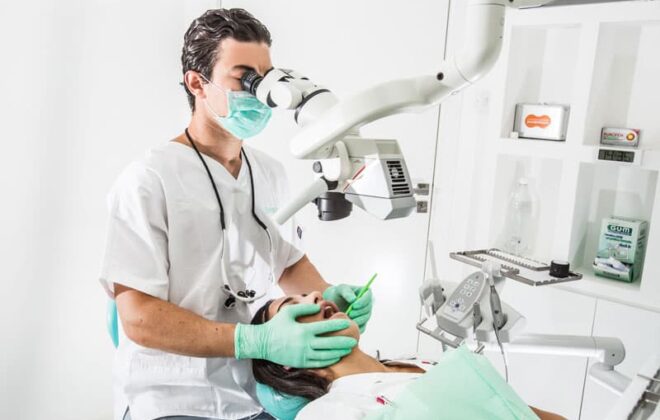What Your Endodontist Wants You to Know Before Your Visit
In this blog, we are going to discuss some important things you need to know before your first appointment with your endodontist.
Endodontists Are Specialists
All endodontists are dentists, but not all dentists are endodontists. Endodontists choose to complete extra training that allows them to specialize in the treatment of the dental pulp. Endodontists choose to forgo traditional dentistry and focus solely on performing endodontic treatments such as root canals. This means that people who see an endodontist for their root canal receive a more efficient and precise procedure, which then leads to faster healing and an overall more positive experience.
Your Medications Matter
It is important to bring a list of your current medications and any medications that you have taken in the past month. This will ensure that you do not have an adverse reaction during your procedure. Don’t leave out anything, even over-the-counter drugs, supplements or vitamins. You will also want to avoid medication that can thin the blood and cause excessive bleeding such as Ibuprofen. Be careful about any pain medication you take before your appointment.
It’s Ok to Be Nervous
Don’t be ashamed to let your endodontist know that you are feeling nervous and anxious. They can easily give you something to help calm you down so you can relax during the procedure. Your endodontist will give you numbing medication and a local anesthetic so you will feel no pain during the procedure, so this should ease your mind. If it is the noise of the drill that makes you uneasy, bring some earplugs with you to drown out the sound.
We Would Not Recommend a Root Canal Unless You Really Need One
When you are not feeling much pain, it may seem that a root canal is not really necessary. This is not true! Your dentist or endodontist would not suggest a root canal unless your tooth was in need of one. Whether you are feeling pain now or not, there is an infection in your tooth and it is causing problems in your mouth and in the rest of your body. It takes energy for your body to fight infection, which causes you to be tired and more susceptible to other illnesses.
If you do not get the root canal when your dentist suggests it, the infection will not go away on its own. Eventually, you will have extreme pain. The bacteria will continue to grow until it erodes the tooth and goes into the bone. Your gums and tissue will become infected and swollen. It could also get into your bloodstream and become a much more serious issue than a painful tooth.
You May Have to Change Your Habits
An endodontist can treat your tooth, but that does not mean you are completely in the clear. The treated tooth or any of your other teeth can get infected once again if you do not take care of your teeth. Bad habits, such as smoking, chewing tobacco, not brushing and flossing daily and eating foods high in sugar can cause your teeth to decay, which leads to a buildup of bacteria, which leads to infection, which leads to a root canal. You see where this is going? We want you to be healthy. Preventative care is the best way to keep your teeth in good condition and pain-free.
You will be able to discuss all of your concerns and ask your endodontist any questions you may have during your first appointment. Sometimes the procedure will be performed on the same day or a different appointment may be scheduled. This depends on a variety of things and your endodontist will outline everything for you during the appointment. It is important to remember that nothing replaces the advice given to you by your dentist and endodontists. Each person is different and your specific instructions will vary from those of someone else. If you would like to schedule an appointment or have any questions that you would like us to answer, feel free to give us a call today!
Article originally appeared at: http://drbudig.com/
Author: Dr. Christopher Budig



